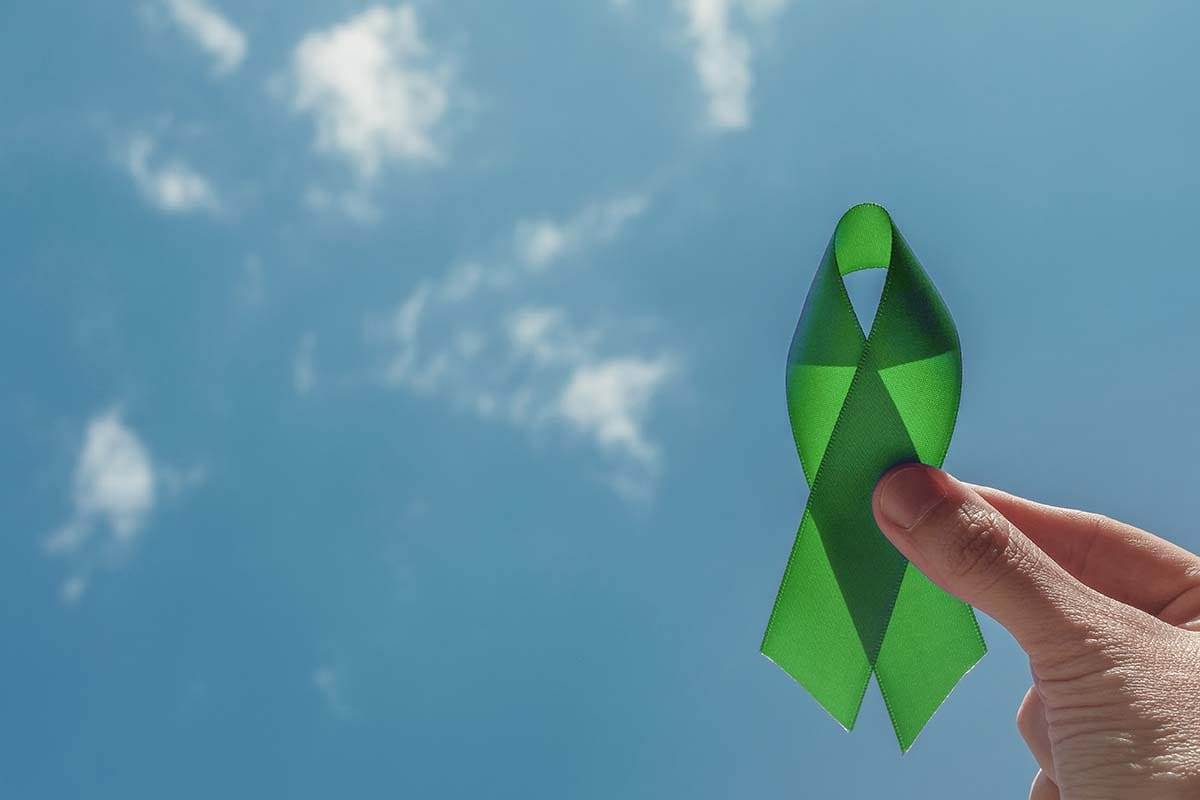Each year on October 10th, World Mental Health Day is celebrated to bring awareness to mental health illness’s debilitating effect on many people worldwide. Mental health issues affect men, women, and children around the world, and the number of cases increases every year, especially since the emergence of the Covid-19 pandemic. Now more than ever, the world needs access to quality mental health rehab centers that can help those who are struggling to cope with mental health issues and substance use disorder regain control.
At Colorado Medication Assisted Recovery, we specialize in treating both mental health and addiction, and we understand the importance of treating the whole person – not just the disease. Our trained team members will build a treatment plan that best suits your needs with our dual diagnosis treatment program. If you or a loved one is struggling with mental health issues and co-occurring substance use issues, call 833.448.0127 today to schedule a consultation with our caring staff.
The History of World Mental Health Day
World Mental Health Day began on October 10th, 1992, by then-Deputy Secretary General Richard Hunter to bring more awareness about mental health illness and its effect on people all over the world. On October 10th each year, events and prominent speakers discuss topics related to the theme of World Mental Health Day.
Each year there is a different focus or theme for the day. In 1994, the first theme of World Mental Health Day was Improving the Quality of Mental Health Services Throughout the World. Every year the theme focuses on a different area of mental health, such as mental health in the workplace or suicide awareness and prevention, to bring more attention to all areas of this illness.
How Dual Diagnosis Treatment Programs Help Mental Health Issues
One thing to come out of this awareness is a better understanding of mental health issues and how some symptoms can take the focus off the underlying issues behind the illness. Addiction is a mental health illness that often stems from a traumatic event or has developed as a coping mechanism for mental health issues or buried emotional distress. A detox center will treat the addiction, but not the underlying cause of the addiction. Without additional treatment after detox, patients experience a higher risk of relapse.
A dual diagnosis treatment program simultaneously treats a patient’s underlying mental health issue and the substance use disorder. When patients are able to heal from both the addiction and underlying causes, they experience a significantly reduced chance of relapse.
A dual diagnosis treatment program uses a wide range of holistic and evidence-based therapies such as:
- Cognitive-behavioral therapy (CBT)
- Dialectical behavior therapy (DBT)
- Group and individual therapy
- Family counseling
- Medication-assisted therapy (MAT)
At Colorado Medication Assisted Recovery, we believe the best treatment for your mental health issues is not one-sided. We will diagnose your unique condition during your initial consultation and develop a plan based on your personal needs. Each dual diagnosis treatment program is custom-fitted to each patient that comes to us for help. Our dual diagnosis treatment program can help patients with:
- General anxiety disorder
- Post-traumatic stress disorder
- Depression
- Obsessive-compulsive disorder
- Seasonal affective disorder
- Bipolar disorder
Contact Colorado Medication Assisted Recovery for a Mental Health Rehab Center
Thanks to the awareness and education that World Mental Health Day has brought to the world, the negative stigmas associated with mental illness have improved immensely. Today it is recognized and treated as a disease, and treatment is much more accessible to those who are struggling.
At Colorado Medication Assisted Recovery, our dual diagnosis treatment program can help you with your mental health and addiction struggles, no matter the cause and symptoms. When necessary, we use medication-assisted therapy to help reduce addiction withdrawal symptoms so you can focus on your recovery.
If you would like to learn more about our dual diagnosis treatment program and our mental health rehab center, call 833.448.0127 today to speak with one of our supportive therapists.


















